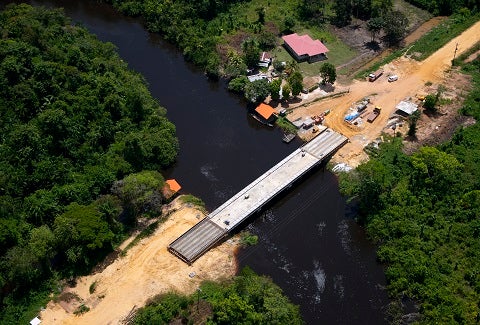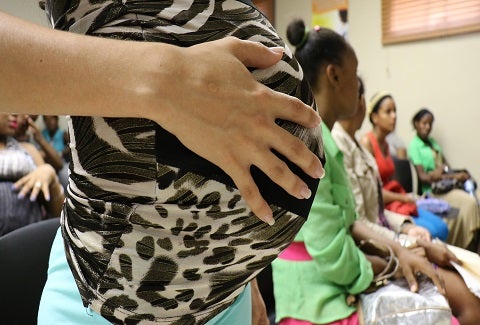By Elena Arias and Julián Cristia Considering everything that technology has made possible, from instant global communication to space travel, harnessing it to improve learning and revolutionize education would seem well within our reach. Indeed, the IDB is looking at how technology can improve learning across Latin America and the Caribbean, where there is an urgent … [Read more...] about To Guide or not to Guide? Using Technology to Improve Learning
Latin America and the Caribbean
How to measure the effectiveness of development projects?
By Arturo J. Galindo y Tracy Betts For those of us working in the field of international development, it’s more and more critical to understand what works, what doesn’t work, and why to be able to improve the effectiveness and efficiency of what we do. That’s the reason why it is of utmost importance for a multilateral organization such as the Inter-American … [Read more...] about How to measure the effectiveness of development projects?
Would you leave your children home alone while at work?
By Claudia Piras Free daycare services do not ensure a significant increase in women’s participation in the labor market. Why? The results of an after-school activities program in Chile may have the answer. What is the most common reason given by women when asked why they are not looking for a job? Just what you might think: because they have to take care of their … [Read more...] about Would you leave your children home alone while at work?
How Do We Know if We Are Improving Lives? Multidimensional Poverty and Subjective Well-Being
The mission of the IDB is to work with the countries of Latin America and the Caribbean to improve the lives of their citizens. However, this process is not an exact science, so it is not always easy to ascertain whether that objective is being achieved. How can we know for certain that Bank-supported projects are helping people live more prosperously? Responding to this … [Read more...] about How Do We Know if We Are Improving Lives? Multidimensional Poverty and Subjective Well-Being
Using job training to prevent teen pregnancy in the Dominican Republic
Greater self-esteem and opportunities can reduce the risk of teenage pregnancy. That is a lesson of a job training program advanced by the Youth and Employment Program in the Dominican Republic. The country has the highest rate of teenage pregnancy in Latin America and the Caribbean, with 104 births per 1,000 people between the ages of 15 and 19, almost equal to that of the … [Read more...] about Using job training to prevent teen pregnancy in the Dominican Republic





